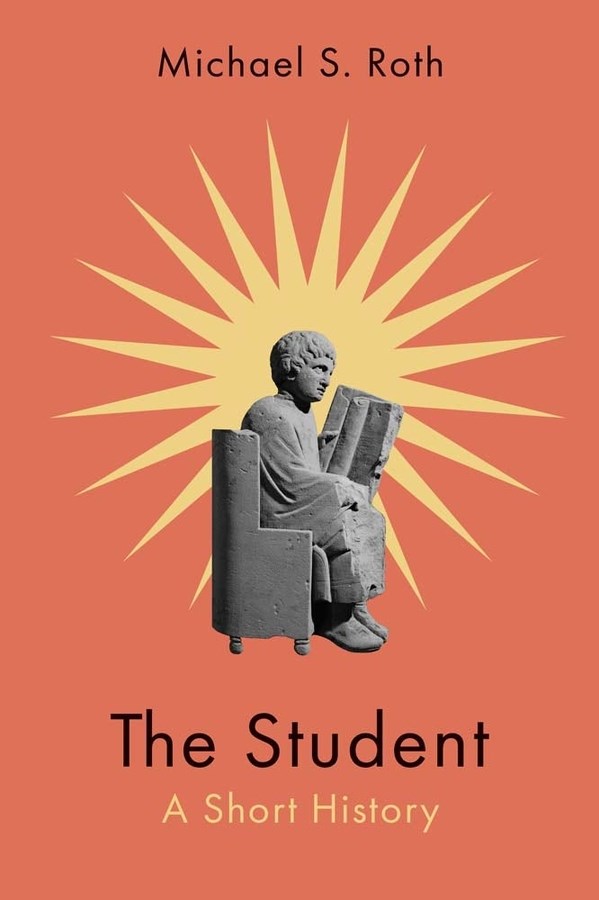In this history of students and education, Roth (president, Wesleyan Univ;
Safe Enough Spaces: A Pragmatist’s Approach to Inclusion, Free Speech, and Political Correctness on College Campuses) argues that reverence and respect for education, an essential aspect of Confucian thought, are still important factors in society today. Among the book’s revelations are that the large student movement for equal education in the United States in the 1960s helped create opportunities for more students to achieve higher education. It was medieval European universities that originally broadened the reach of education and literacy to promote cultural and economic advantages, Roth writes. Centuries later, following the Vietnam War, education shifted in emphasis from academic excellence to job training, as students desired to be more competitive in the workplace. They also aspired to create changes in their eventual industries, to improve profits, lessen harm to the environment, and enhance services, all while providing better benefits to employees and results for clients. But today’s tech-savvy education system in the U.S. is creating students who lack interest, curiosity, creativity, and the critical-thinking skills needed to excel, Roth says; instead of evaluating information, they often grasp onto only the evidence that supports their own prejudices and beliefs. His book asserts that, in contrast, students flourish best by the process of simultaneously discovering and developing their thinking capabilities.
VERDICT A brilliant exposition on students by an eminent scholar in the realm of psychology. Add to education and psychology collections.




Comment Policy:
Comment should not be empty !!!